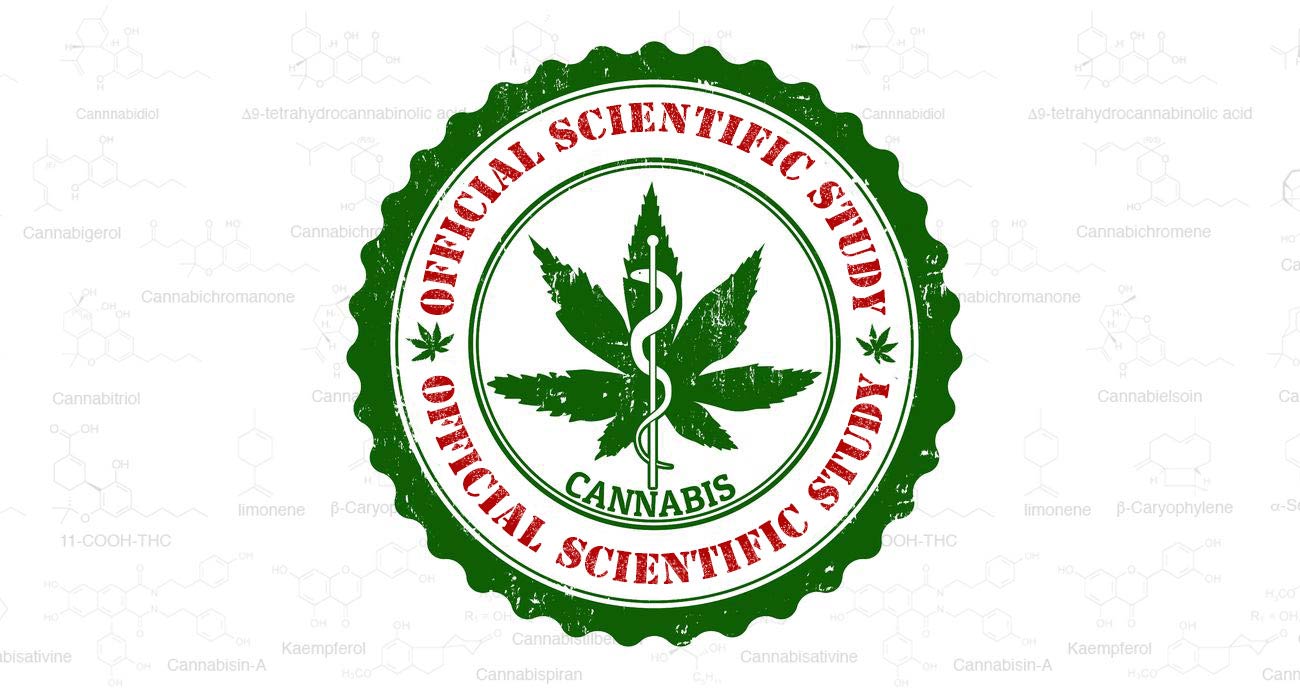ABSTRACT:
Objective
To present a summary of current scientific evidence about the cannabinoid, cannabidiol (CBD) with regards to their relevance to epilepsy and other selected neuropsychiatric disorders.
Methods
We summarize the presentations from a conference in which invited participants reviewed relevant aspects of the physiology, mechanisms of action, pharmacology and data from studies with animal models and human subjects.
Results
Cannabis has been used to treat disease since ancient times. Δ9-THC is the major psychoactive ingredient and cannabidiol (CBD) is the major non-psychoactive ingredient in cannabis. Cannabis and Δ9-THC are anticonvulsant in most animal models but can be proconvulsant in some healthy animals. Psychotropic effects of Δ9-THC limit tolerability. CBD is anticonvulsant in many acute animal models but there is limited data in chronic models. The antiepileptic mechanisms of CBD are not known, but may include effects on the equilibrative nucleoside transporter; the orphan G-protein-coupled receptor GPR55; the transient receptor potential of melastatin type 8 channel; the 5-HT1a receptor; the α3 and α1 glycine receptors; and the transient receptor potential of ankyrin type 1 channel. CBD has neuroprotective and anti-inflammatory effects. CBD appears to be well tolerated in humans but small and methodologically limited studies of CBD in human epilepsy have been inconclusive. More recent anecdotal reports of high-ratio CBD:Δ9-THC medical marijuana have claimed efficacy, but studies were not controlled.
Significance
CBD bears investigation in epilepsy and other neuropsychiatric disorders, including anxiety, schizophrenia, addiction and neonatal hypoxic-ischemic encephalopathy. However, we lack data from well-powered double-blind randomized, controlled studies on the efficacy of pure CBD for any disorder. Initial dose-tolerability and double-blind randomized, controlled studies focusing on target intractable epilepsy populations such as patients with Dravet and Lennox-Gastaut syndromes are being planned. Trials in other treatment-resistant epilepsies may also be warranted.
Read full study here

